Brazil's coffee export output reached an all-time high of 44.5 million bags in 2020 in advance of the Brazilian coffee production crisis.
Professional coffee knowledge exchange more coffee bean information please follow the coffee workshop (Wechat official account cafe_style)
According to foreign media reports, the European Union and the United Kingdom have held global public consultations on the import of agricultural commodities, a move to force large companies to ensure that deforestation no longer leads to forest degradation. According to a public consultation completed in early October by the Forest risk Commodities due diligence Survey in the UK, which focuses on the breeding of agricultural livestock related to deforestation, such as soybeans and beef cattle, coffee is not mentioned in the survey.
The survey brings a controversial principle to Britain's trade relations with agricultural exporters such as Brazil, as the investigation may justify "private restrictions on agricultural trade". This will lead to an increase in the cost of agricultural products on the market in the future. So the negotiators are trying to pass a new law that would force large companies to use complex verification procedures in the origin of agricultural products to control "private restrictions on agricultural trade".
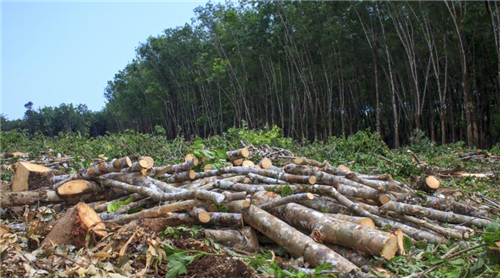
The purpose of the consultation is to minimize forest degradation caused by deforestation by encouraging the EU to consume supply chain products that are not related to deforestation. Since 2019, the European Commission has announced the goal of strengthening the fight against deforestation and has been studying and adopting public policies to limit the consumption of products from deforested areas. Commitments include the submission of legislative proposals and other additional measures (regulatory and non-regulatory) in 2021.
The Brazilian Coffee Export Association has been proactive on this issue by engaging in a long-term dialogue with agriculture, livestock suppliers, the Ministry of Foreign Affairs and other organizations representing Brazilian agribusiness. The position of Brazilian agribusiness is that the use of illegal deforestation should be considered in accordance with the environmental laws of each country, rather than any other form of deforestation.
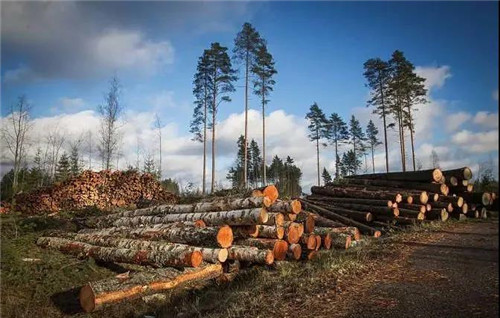
In addition, Brazilian agribusiness indicated that incentives should be provided to promote good practices and encourage the recognition of existing certification standards for agricultural products, rather than re-establishing new certification standards. The Brazilian Government has taken a position on the forests that have been cut down, demonstrating the growth of productivity and agricultural income, as well as the balance between sustainable production and environmental protection.
There were other reports that there were several fires in the western Amazon forest in August 2019, and fires in some places burned for several days. Brazilian President Bosonaro, who advocated the vigorous development of the Amazon forest at that time, was questioned by the outside world. but he rejected the charge, saying the fire may have been started by environmental groups. A study by Global Forest Watch found that deforestation in the Amazon region of Brazil increased significantly in 2019. In January 2019 alone, 1330 square miles of rainforest disappeared, 40% higher than in the same period in 2018. Most of the fires seem to be burning in pre-cleared forests and farmland.
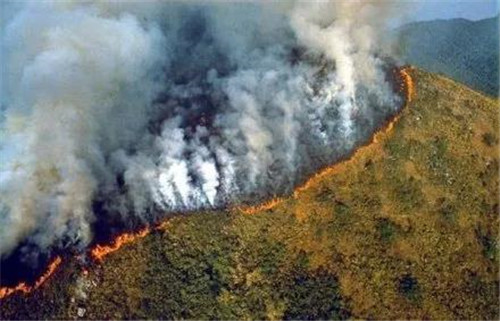
According to a comprehensive report released by the Brazilian Council of Coffee exporters (Cecafe), in 2020, Brazil exported 44.5 million bags of coffee (60 kg each), including green, soluble and roasted and ground coffee, a figure that increased by 9.4 per cent over last year.
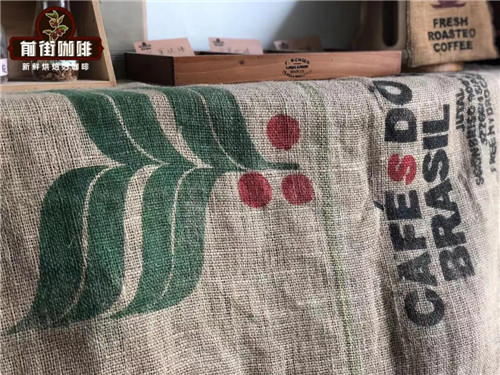
Although it has increased in 2020, 2021 will be a year of decline in Brazilian coffee production. According to Brazilian national supply data, the area of coffee planted in Brazil will be 1.76 million hectares in 2021, the smallest in the past 20 years and 6.8 per cent less than in 2020. This fully shows that the planting area of Brazilian coffee has encountered a bottleneck, but with the upgrading of technology, the yield per mu has also increased, and in the event of a shortage of technology and acreage, Brazilian coffee production is likely to reach an upper limit in the next few years.
For more boutique coffee beans, please add private Qianjie coffee on Wechat. WeChat account: kaixinguoguo0925
Important Notice :
前街咖啡 FrontStreet Coffee has moved to new addredd:
FrontStreet Coffee Address: 315,Donghua East Road,GuangZhou
Tel:020 38364473
- Prev
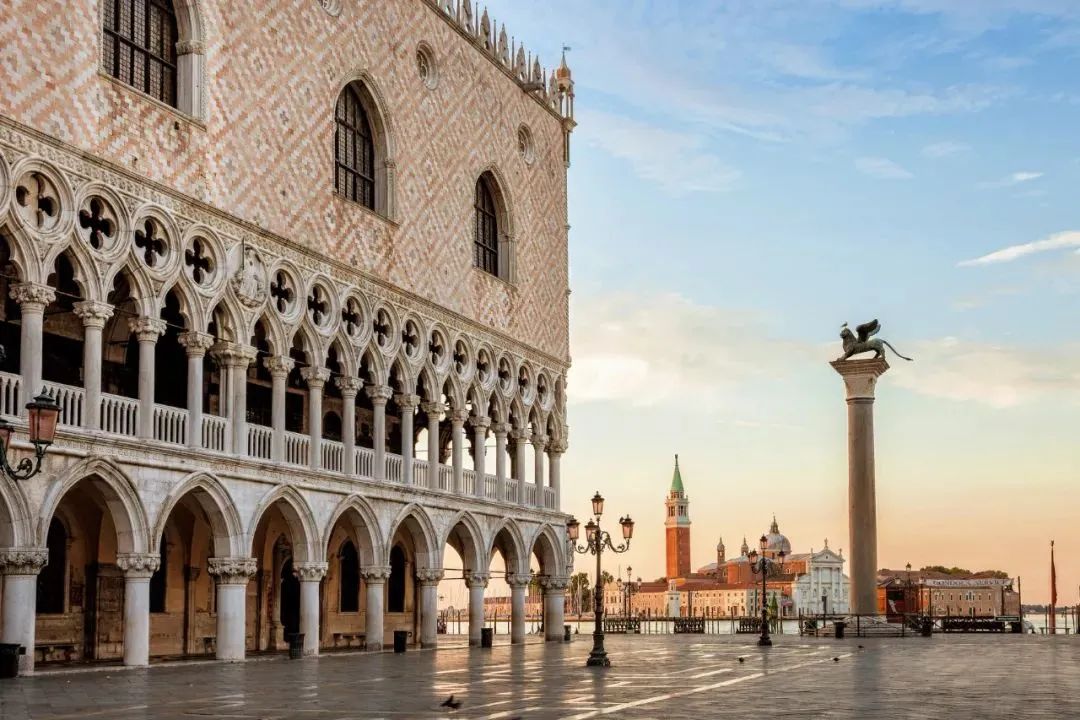
Huasen Cafe, one of the oldest cafes in Europe, is going out of business because of the epidemic.
Professional coffee knowledge exchange more coffee bean information follow the coffee workshop (Wechat official account cafe_style) although it has a hundred years of history and reputation, but in the face of the epidemic, the road is also difficult. The 300-year-old Venice Flower God Cafe (Caf de Flore) announced that it was going out of business after the outbreak. The Flower God Cafe is the oldest coffee shop in Europe.
- Next
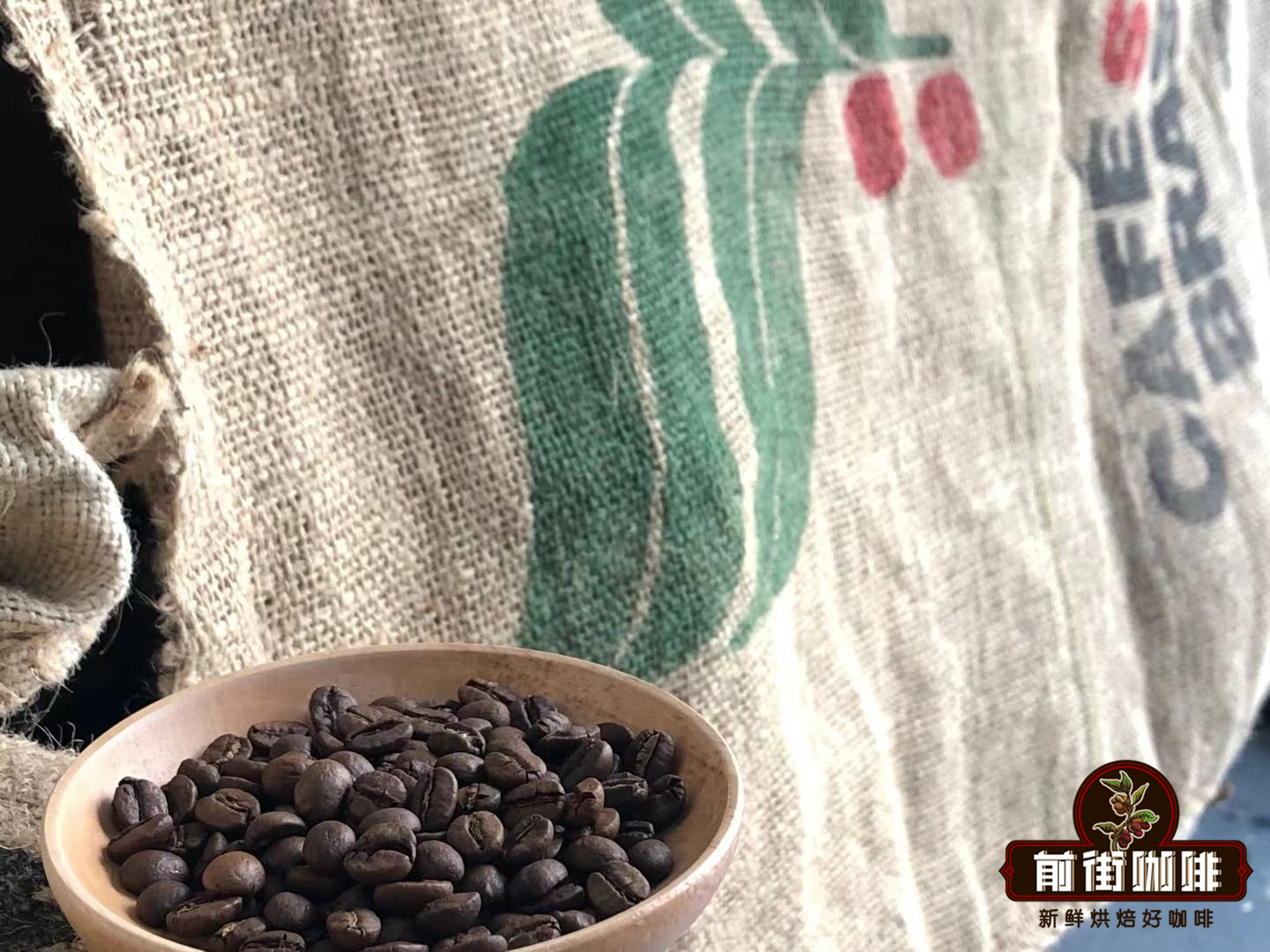
The improvement of coffee quality in Brazil has become the second largest source of coffee inventory on the ICE Exchange in the United States.
Professional coffee knowledge exchange more coffee bean information please pay attention to the coffee workshop (Wechat official account cafe_style) COVID-19 has had an impact on the lives and economies of people around the world, the world is looking for solutions to enable society to return to relatively normal as soon as possible. And despite all the negative effects of the pandemic, the sustainability of Brazilian agribusiness has made the country
Related
- What documents do you need to go through to open a coffee shop? coffee shop coffee shop certificate processing process
- How to purchase Coffee beans in small Cafe how to choose a suitable supplier for domestic Coffee supply Company
- How to drink Starbucks Fragrance White Coffee? how to make Australian White Coffee? what Italian coffee beans are recommended?
- The Story of Flora Coffee: the name of Flora Coffee Bean and the implication of the Flowers on Florna Coffee
- How much does a cup of coffee cost? How much is the profit of a cup of coffee? What is the profit of the coffee shop in a year?
- Yunnan small Coffee, known as "fragrant Coffee", introduces the characteristics of Alpine Arabica Coffee producing areas in Yunnan, China
- 2023 latest Starbucks full menu price list how much is a cup of Starbucks coffee what is better to drink the most popular hot and cold drinks recommended
- Starbucks different kinds of Coffee Price list Starbucks menu 2023 Top Ten Best drinks in Starbucks
- Starbucks Spring praise Comprehensive matching Coffee Bean theme Story Packaging implication and taste description
- The cost of a cup of coffee latte American coffee cost price and selling price

